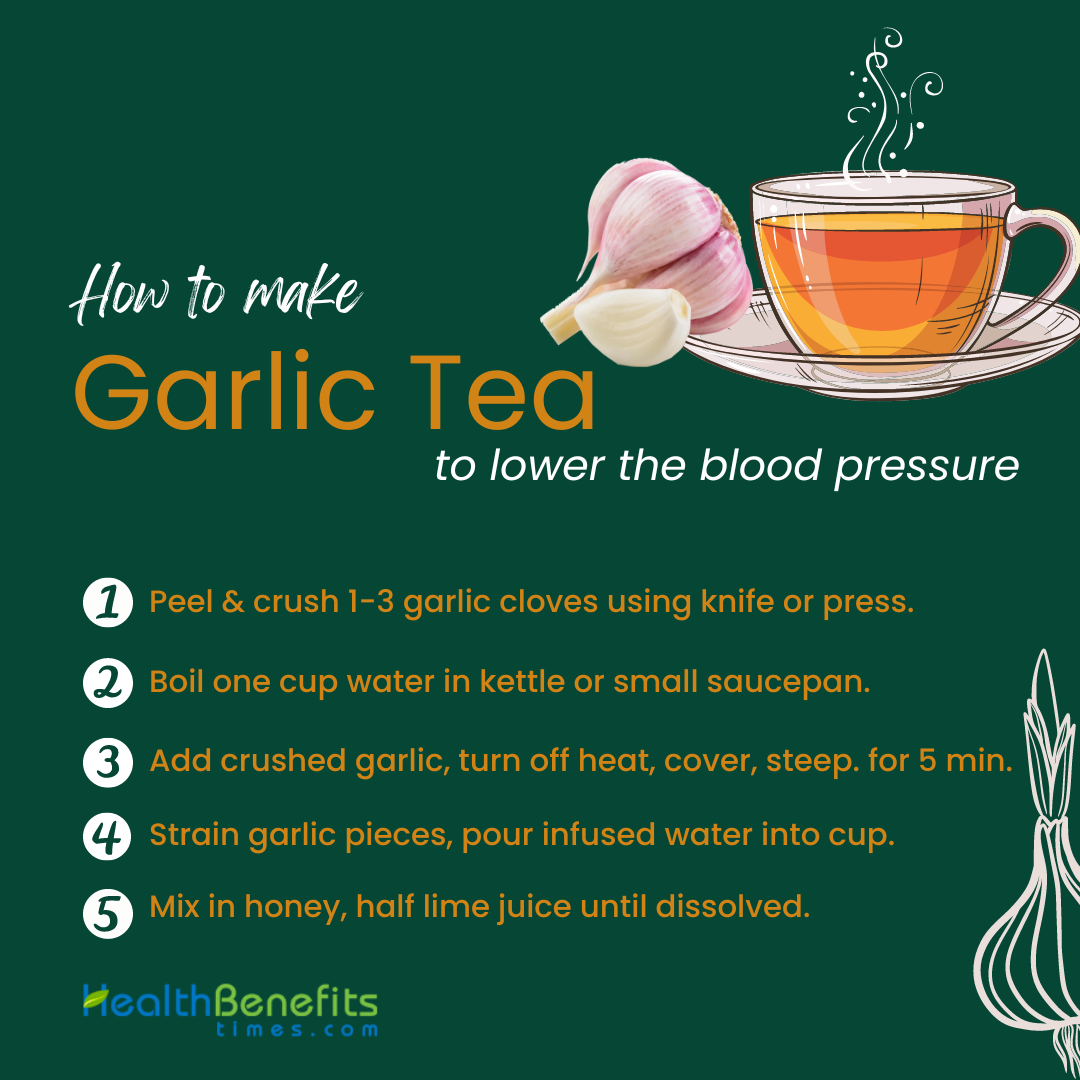
Garlic (Allium sativum) has been extensively investigated for its medicinal properties, mainly its cardiovascular benefits. Garlic contains sulfur-containing bioactive compounds such as allicin, ajoene, and vinyl-dithiin, which have antioxidant, anti-inflammatory, and cardioprotective effects. Studies have shown that garlic consumption can improve lipid profile by increasing high-density lipoprotein (HDL) levels and decreasing low-density lipoprotein (LDL) levels. Garlic has also been found to lower inflammatory markers like C-reactive protein (CRP) and interleukin-6 (IL-6). Furthermore, garlic has demonstrated potential in reducing coronary artery calcification and homocysteine levels, both of which are risk factors for cardiovascular disease. These findings suggest that garlic may be beneficial for cardiovascular health and could be used as a natural remedy to reduce inflammation and improve lipid profile in individuals with cardiovascular diseases.
Some Research Findings:
According to research published on The Journal of nutrition, Garlic supplementation reduces blood pressure by 7-16 mm Hg (systolic) and 5-9 mm Hg (diastolic) and total cholesterol by 7.4-29.8 mg/dL
Another research published on The European Journal of Clinical Nutrition, Aged garlic extract, in particular, has been found to be an effective and bearable adjunct treatment for lowering systolic blood pressure in patients with uncontrolled hypertension.
How to Make Garlic Tea
Here is a simple way to make garlic tea a potential natural remedy for lowering blood pressure.
Ingredients:
For the equipment, you’ll require:
- A tea kettle or saucepan for boiling water
- A garlic press or knife for mincing the garlic
Instructions:
- Peel and Crush the Garlic: Start by peeling 1-3 cloves of garlic. Once peeled, crush the cloves using the flat side of a knife or a garlic press. Crushing garlic helps to release its active compounds, including Allicin, which is thought to be responsible for its health benefits.
- Boil the Water: Bring 1 cup of water to a boil in a small saucepan or a kettle.
- Steep the Garlic: Once the water is boiling, add the crushed garlic to the pot. Turn off the heat and cover the pot with a lid. Allow the garlic to steep in the hot water for about 5-10 minutes. The longer you steep, the stronger the tea will be.
- Strain and Serve: After steeping, strain the garlic pieces from the water using a fine mesh strainer or simply remove them with a spoon. Pour the hot garlic-infused water into a cup.
- Add Other Ingredients: Stir in 2-3 teaspoons of honey and the juice of half a lime. Mix well until the honey dissolves. These ingredients not only enhance the flavor but also contribute additional health benefits.
- Enjoy Warm: Your garlic tea is now ready to be enjoyed. For a stronger effect, you can leave the garlic pieces in the tea. If you prefer a milder flavor, feel free to strain the tea to remove the garlic bits
Tips and Variations
- Ginger and Garlic Tea: For added benefits and a different flavor profile, consider adding ginger to your garlic tea. Ginger is known for its anti-inflammatory and digestive support properties
- Use fresh garlic cloves for best flavor.
- You can adjust the number of garlic cloves based on your taste preference.
- Drink garlic tea warm, not piping hot.
Dosage and frequency of Garlic Tea consumption to lower the Blood Pressure.
There is no standardized dosage or frequency recommendation for garlic tea to lower blood pressure, as it can vary depending on individual factors. Here’s some general information about using garlic tea for this purpose:
Dosage: For garlic tea, it’s recommended to use 1-3 cloves of fresh garlic per cup of water.
Frequency of Consumption: Some experts suggest drinking garlic tea 2 times per day, One after Breakfast and One after Dinner in the evening. It’s generally not recommended to drink garlic tea on an empty stomach or before a workout. Here are a few reasons why:
- Garlic tea can be harsh on an empty stomach:
Garlic contains compounds like allicin that can irritate the lining of the stomach, especially when there’s no food to buffer its effects. Drinking garlic tea on an empty stomach may cause discomfort, nausea, or even heartburn in some individuals.
- It may cause digestive issues:
Garlic is known for its potential to cause gas, bloating, and digestive distress, especially when consumed in large quantities or on an empty stomach. Drinking garlic tea before a workout could lead to uncomfortable digestive symptoms during physical activity.
- Potential for gastrointestinal discomfort during exercise:
The compounds in garlic can stimulate the production of gastric acid, which can cause discomfort or cramps during exercise when the abdominal muscles are actively engaged.
- Interference with nutrient absorption:
Garlic may interfere with the absorption of certain nutrients, particularly when consumed on an empty stomach. This could potentially affect your energy levels and performance during a workout.
It’s generally recommended to consume garlic tea or any other form of concentrated garlic with or after a meal, rather than on an empty stomach or immediately before exercising. This can help mitigate potential digestive issues and ensure better tolerance and nutrient absorption.
Precautions before drinking Garlic Tea
It’s important to note that garlic tea should not be considered a substitute for prescribed blood pressure medications or professional medical treatment. If you have high blood pressure, it’s advisable to consult with your healthcare provider before incorporating garlic tea or any other herbal remedy into your regimen.
Additionally, garlic can interact with certain medications, such as blood thinners, and may cause side effects like bad breath, body odor, or heartburn in some individuals. Therefore, it’s crucial to discuss the potential risks and benefits with your doctor, especially if you have any underlying health conditions or are taking medications.
Comments
comments